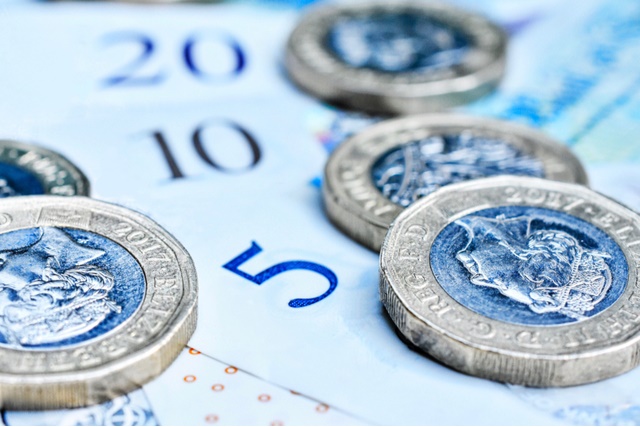Pound Sterling Australian Dollar (GBP/AUD) Exchange Rate Rises as Farage Announces Election Strategy
UPDATE: The Pound Sterling Australian Dollar (GBP/AUD) exchange rate rallied by over 1%, with the pairing currently trading at around AU$1.8806.
Sterling received a further boost following reports that the Brexit Party leader had announced a Leave alliance.
Nigel Farage stated that his party members would not contest the 317 seats the Tory party won in 2017.
This likely provided GBP with an upswing of support as investors saw this announcement as significant to Prime Minister Boris Johnson’s chances of winning a majority in the December election.
Commenting on Farage’s announcement, Neil Mellor, FX strategist at BNY Mellon noted:
‘The Tories will be heaving a sigh of relief and it also reduces at the margin the prospect of a hung parliament.
‘The market has shown a tendency of being supportive of a clear result.
‘The Tories are also seen as more market-friendly than Labour.’
Pound Sterling Australian Dollar (GBP/AUD) Exchange Rate Edges Up despite UK Growth Slowing to Nine-Year Low
The Pound Sterling Australian Dollar (GBP/AUD) exchange rate edged higher today, with the pairing currently trading at around AU$1.8661.
Sterling rose as data from the Office for National Statistics (ONS) revealed the UK had avoided falling into recession as annual growth increased by 1% in Q3.
This likely weighed on the Pound as this was the weakest annual rate of growth since 2010 when the UK was clawing its way out of recession.
Quarter-on-quarter, growth increased by a lower-than-expected 0.3%, and the economy contracted by -0.1% in September.
Commenting on this, an ONS spokesperson said:
‘GDP grew steadily in the third quarter, mainly thanks to a strong July. Services again led the way with construction also performing well. Manufacturing failed to grow as falls in most industries were offset by car production bouncing back following April shutdowns.
‘Looking at the picture over the last year, growth slowed to its lowest rate in almost a decade.’
Pound (GBP) Edges Higher despite UK Loses Momentum
The broader picture of the UK economy suggests that while it escaped recession in the third quarter, the economy is struggling.
Commenting on this morning’s data, head of economics at the British Chambers of Commerce, Suren Thiru said:
‘The stronger headline figure masks an alarming loss of momentum through the quarter from a relatively strong July outturn and therefore does little to suggest any meaningful improvement in UK’s underlying growth trajectory
‘Despite the pick-up in growth, a slowing global economy has weakened firms’ cashflow, disrupted supply chains and stifled investment and is likely to squeeze economic activity in the fourth quarter and beyond, unless action is taken.’
Australian Dollar (AUD) Slumps as US-China Tensions Weigh on Chinese Inflation
At the end of last week, US President Donald Trump said willingness from the United States to lift tariffs on Chinese goods as part of the ‘Phase One’ deal, which previously sparked an upswing in risk appetite, was incorrect.
The ‘Aussie’ edged lower against the Pound despite comments from President Trump that trade talks with China were progressing ‘very nicely’.
However, he noted that the US would only make a deal with China if it was the right one for the country which likely weighed on risk appetite.
Risk appetite was left under pressure as data from China revealed the trade war caused producer prices to slump by the most in over three years.
Commenting on this, Phillip Futures analyst, Samuel Siew said:
‘China delivered a massive deflationary shock in its factories, providing a somber tone towards the fragile state of the global economy.’
Meanwhile, investors have been left wary as social unrest continues to spread, with tensions in Hong Kong heightening after two people were left in a critical condition after another day of violent protests.
Pound Australian Dollar Outlook: Will Consumer Confidence Buoy AUD?
Looking ahead to Tuesday, Sterling (GBP) could fall against the Australian Dollar (AUD) following the release of September’s UK employment data.
If unemployment rises higher than expected, while average earnings disappoint, it is likely the Pound will slide.
Meanwhile, the ‘Aussie’ could edge higher following the release of Westpac’s consumer confidence data.
If November’s confidence rises higher than expected, it is likely the Pound Australian Dollar (GBP/AUD) exchange rate will slump.


Comments are closed.